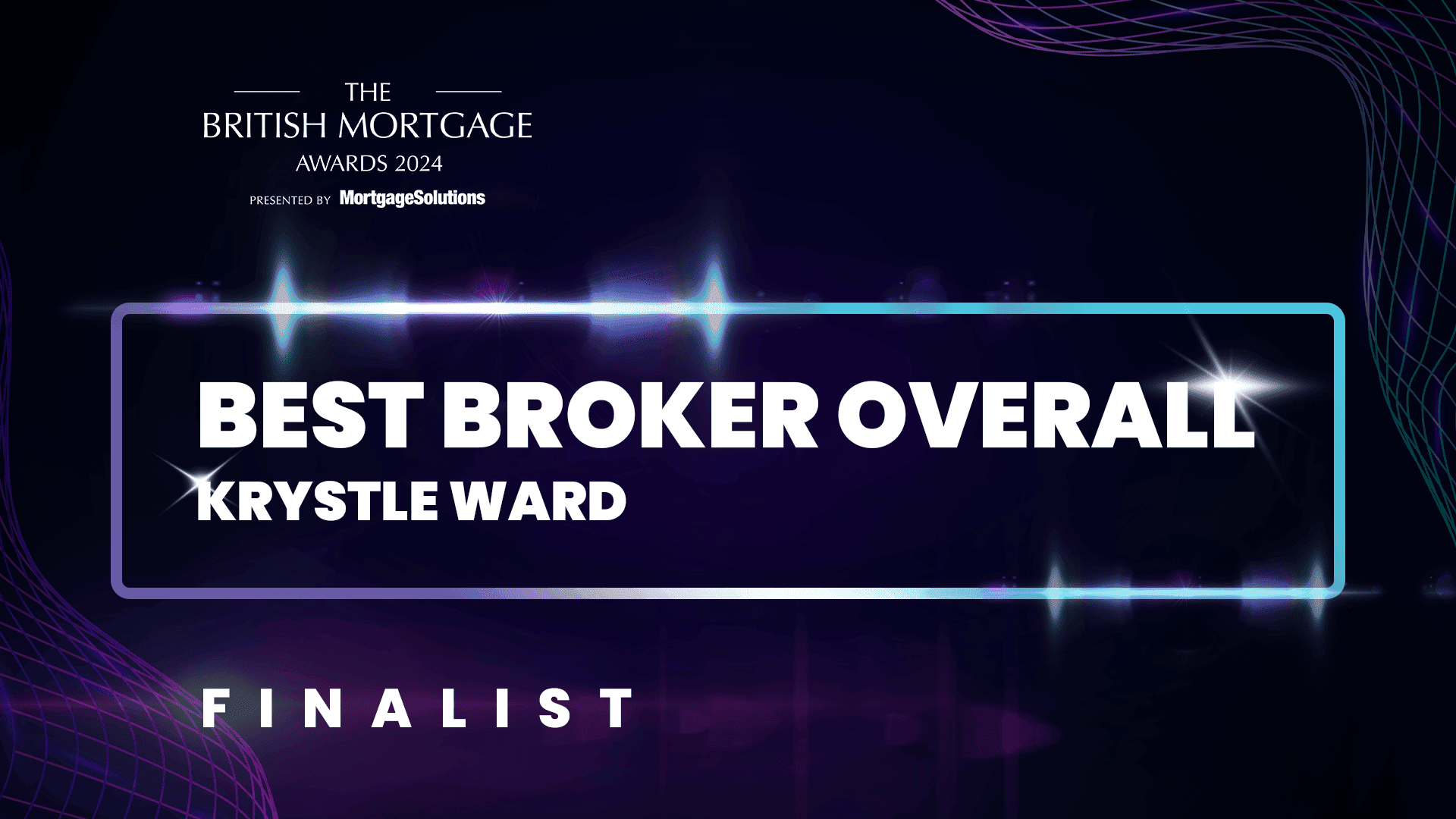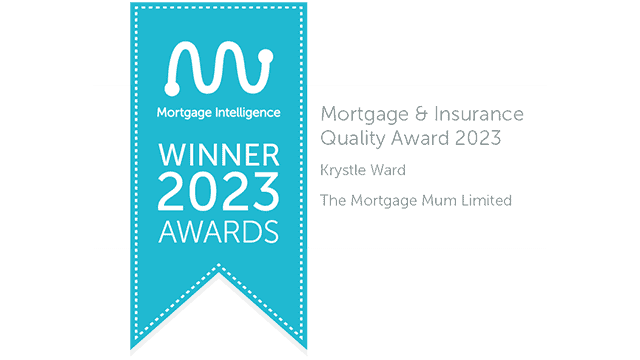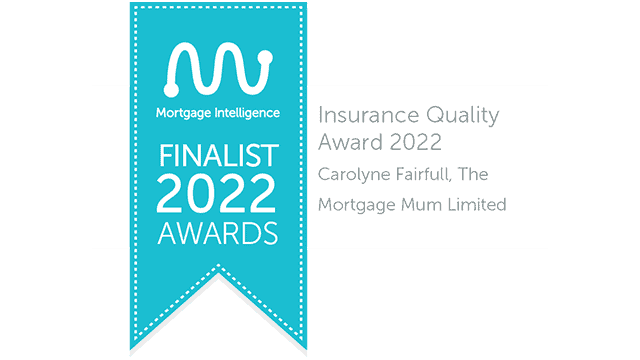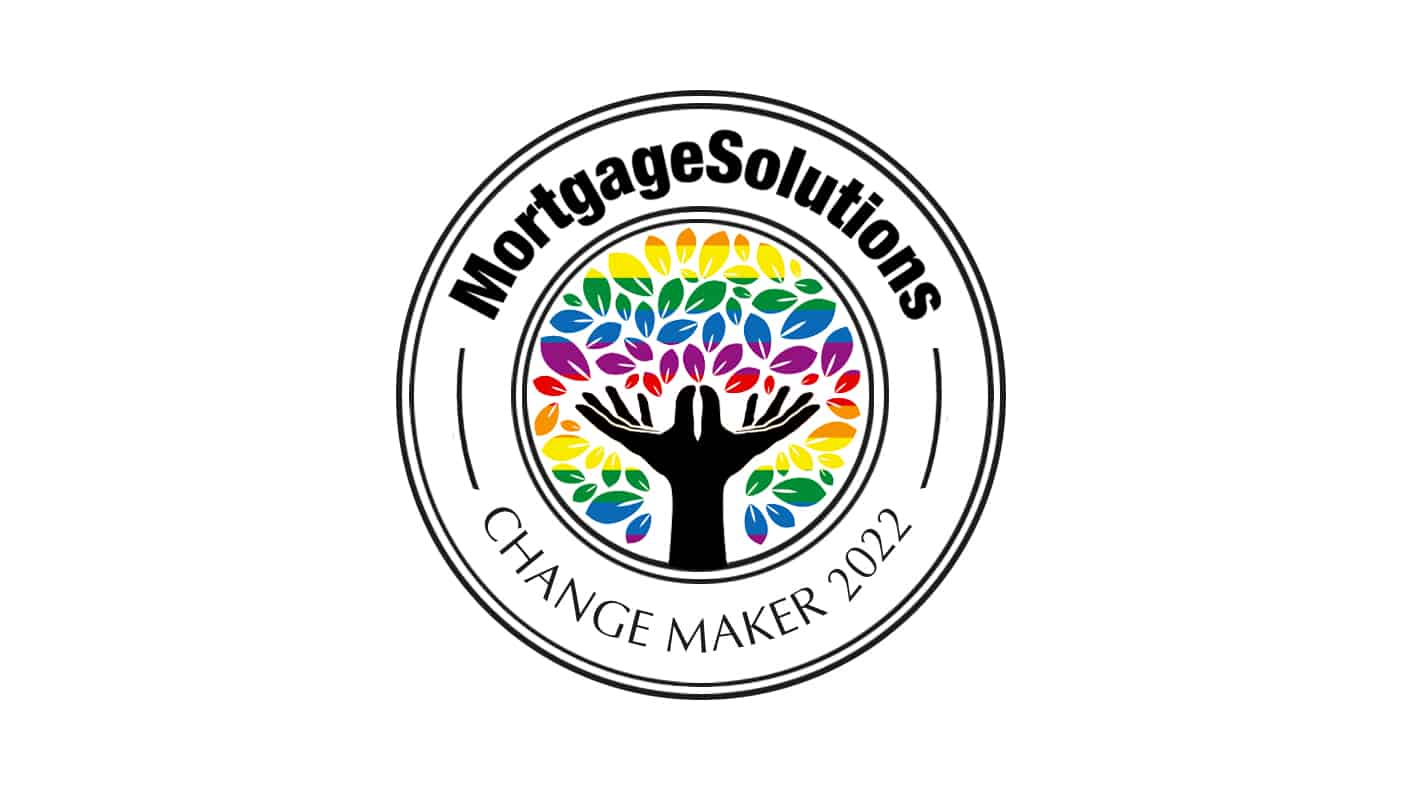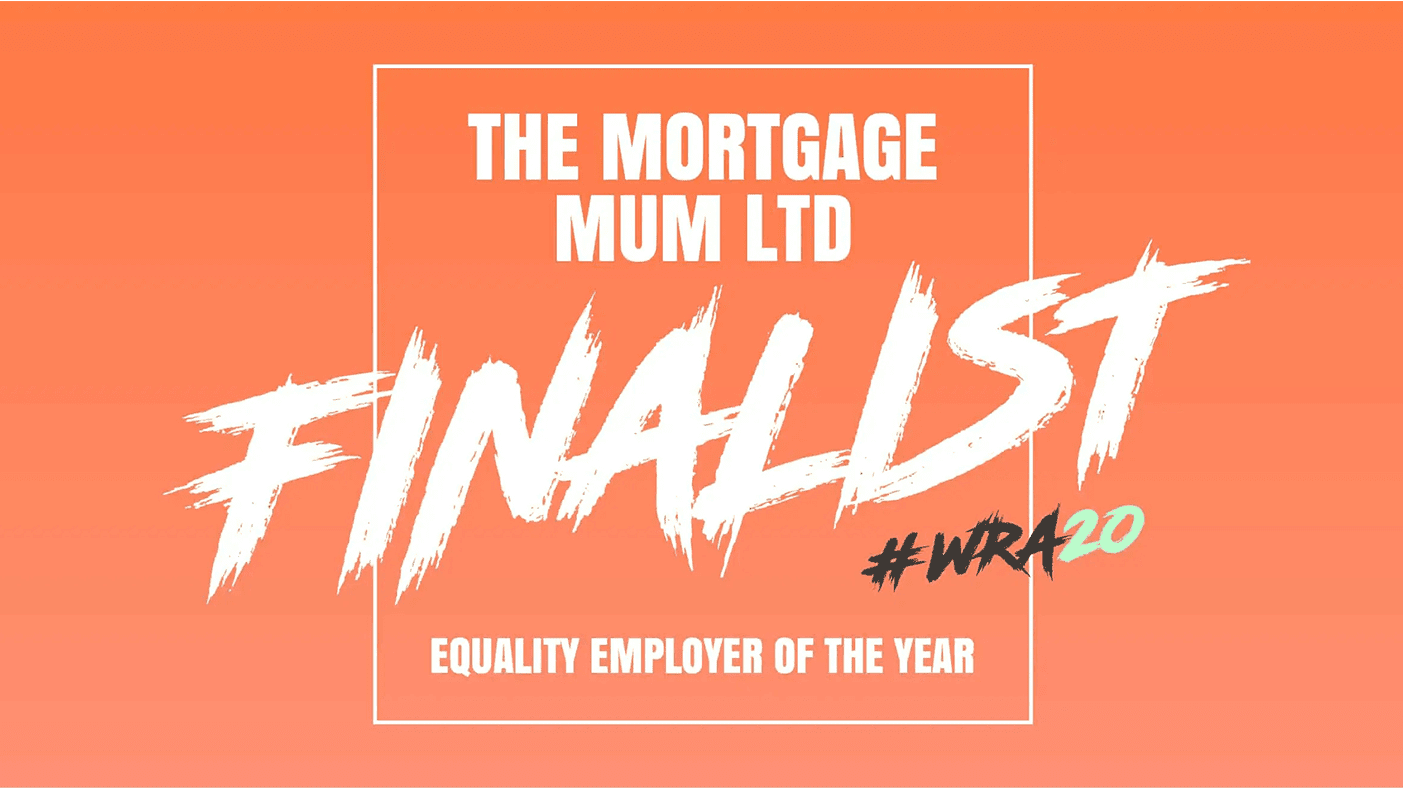Welcome to today’s episode of the Mortgage Mum podcast. Today we’re talking about contractor mortgages, for those of you who are on a daily rate.
We recently recorded an episode for First Time Buyer contractor mortgages – in case you want to listen in. We’re here again with lovely Tessa who’s going to be asking the questions that you’ve sent in to us.
What do we mean by a daily rate contractor? And can a contractor on a day rate get a mortgage?
It’d be a very short episode if the answer to that was no! The good news is a contractor on a day rate can get a mortgage. A day rate contractor, for those of you who aren’t one, is somebody who instead of being employed on PAYE, charges a day rate for a specific role.
Lots of people transition from an employed role into a contractor role where they do exactly the same thing, but they’re self-employed. They issue contracts to employers for 12-month, 24-month or sometimes six-monthly periods. It varies depending on the industry you’re working in, but essentially you’re self-employed, it’s your own business, and you’re charging a day rate for the work you’re doing.
What are the different types of daily rates contractors?
There are so many different types. We see IT contractors quite often. I point that one out because some IT contractors are on a CIS contract, in which case you may well be classed as employed. It’s all about how you’re paid, where your tax is paid and whether you’re given commission statements.
On those contracts, your tax is paid at source and therefore you can be classed as employed. We determine that first, because we don’t want to waste your time and energy giving us paperwork when we could actually put you on a completely different package with a lender.
The other types of daily rate contractors include creatives and media contractors, graphic designers, copywriters, videographers and marketing consultants. In the construction industry. you’ve got potentially engineers, project managers, electricians and surveyors.
In healthcare, some nurses are contractors and there are physiotherapists, medical consultants and occupational therapists. In the finance and legal world, you could be an accountant, legal consultant, compliance officer or financial analyst. Those are just some examples.
Generally, in all industries there are contractors, but the top sectors are technology and IT, healthcare, construction, engineering, finance and banking, marketing and advertising, education and training, media and entertainment.
What criteria and or proof does a daily rate contractor need to provide when applying for a mortgage?
It’s all about proving that you have a stable source of income from your contracts.
From the lender’s point of view, they can see that you are earning now, but are you going to continue to earn at the same rate? How long have you been doing this for?
When it comes to contracting, they really want to see longevity.
They want to see that you’ve been doing this for a while, that you’re an expert in your industry – or fast becoming one – and you’re very hireable. That’s what we’re trying to show them.
We will see how long you’ve got left on your current contract, as that’s a really big factor. The longer you’ve got left, the better. Also, the longer you’ve been doing it, the better. So we will be looking at the last two years’ P60s because that tells us what you’re earning.
Lenders want to see those documents as much as the contracts themselves. We’ll look at your bank statements to make sure that they mirror the contract payments and that it all adds up, just as we would if you were employed.
The main criteria is that you’ve been contracting for at least 12 months, there are no big gaps between contracts, you’ve got some time left on your current one, and you’ve been in the industry for a while.
What if I have only recently become a contractor?
I think this is the biggest frustration for contractors – you have to be doing it a while to get a mortgage.
If you’re employed, you could get a mortgage based on a job offer. You don’t have to have been doing the job to get a mortgage on that income. Or, you could have been in a job for three months and the lenders are happy.
With contractors, it’s different. They like to see a longer length of time. If you have just started contracting, there might be some frustration because you’ve got to wait, and it may delay you getting that mortgage. If you have a remortgage coming up, you’ve really got to think about the timing.
Lots of people think about contracting because often they could earn a lot more money. But because you’re not employed you do give up some of those benefits such as your pension, security and stability. And, of course, those are the things that a lender is looking at when they’re looking at lending money to you.
So it’s not to say that you can’t get a mortgage, just not for a period of time. If you’ve just become a contractor, we would tell you when you can get a mortgage and put that timestamp in. You’re not going away disheartened, you’ve got a long-term plan.
We make you consider the lender’s point of view and think ahead. What are you going to do when this contract ends? And the next one? You want to keep earning and you don’t want big gaps in your employment. We sense-check everything and help you understand.
How do lenders calculate a daily rate contractor’s annual income?
Lenders all do different things – and that’s why we’re here to navigate the market. They will look at your day rate and do a certain calculation.
Here’s a typical example, although it does vary from lender to lender. Let’s assume you’re paid £400 a day, and you’ve got evidence of that in your contracts over a period of time.
Typically, we’ll multiply that by five for your weekly rate. Now, instead of multiplying that by 52 weeks for your annual income, most lenders will multiply it by 46 or 48 to account for holidays or potential gaps between your contracts.
In this instance, on a day rate of £400, the calculation would put you on an annual income of £92,000. That’s what a mortgage lender would use. They’ll add that with whoever else is on the mortgage – and you can have up to four people. It’s pretty common now, because people need help with affordability more than they used to.
We add all your incomes together and times that by 4.5 or 4.75. That’s going to give you a really rough estimate of what you can borrow.
But any loans or credit cards you’ve got will come off of that. That’s why you really need to get the calculation done by a professional. Also, every lender is going to lend a different amount. It might be five times income for some people, or perhaps 4.75 or maybe over five times.
What if I need to remortgage?
If you need to remortgage, we need to look at what you’ve been doing contractor-wise since you bought your property and got your rate fixed. It’s exactly the same as when you first got your mortgage.
We’re looking at your day rate, how long your contracts have been and how long is left. Hopefully, you’ve had a good few years since you first purchased your property. You might even have a higher day rate now. You’re going to be looking at this six months before your rate expires, to give yourself time to get organised and for us to find you the best possible deal.
What if I have bad credit?
It’s always a popular question and I’m glad people ask it, because it shows that they’re being forward about it. Get yourself a credit report and be open about your bad credit with the professional you’re talking to. They’ll want to know the story – why did it happen and when? Is it likely to happen again?
You’ll probably need to deal with a specialist lender if the bad credit is particularly difficult – and every lender will have a different approach. Whether you’re a contractor or not, having bad credit means you need to get advice.
We will scour the market, talk to the lenders on your behalf and advocate for you to get the best possible mortgage – and, most importantly, make a plan with you. In two or three years’ time, you could be in a position where you don’t need a bad credit mortgage, having learned lessons and changed your credit report in the process.
What if I have a small deposit?
Smaller deposits mean a smaller market, as some lenders prefer larger deposits. But we’re seeing more small deposit mortgages hit the market, and innovation to help people get on the property ladder. There are some really good products out there for smaller deposits.
In general, the bigger your deposit, the better. Every 5% more you can put down will make a big difference on your mortgage rate. But I know how hard it is to save.
There’s one product where you can get a mortgage with a £5,000 deposit, which is very small and can be used on a property worth up to £500,000. There’s another mortgage product for renters where you don’t need a deposit at all.
So you need to get advice, but a 5% deposit is a really good place to start. 10% is even better [podcast recorded in July 2024].
How does it work if I’m a First Time Buyer?
It’s exactly the same, as long as you have enough history to get a mortgage. We look at income exactly the same way for a First Time Buyer as any other contractor.
The most important thing is proving how much you earn and how long your contract is. How long you’ve been in the industry is really important, particularly if you’ve just started contracting.
Give us as much information as possible so we can find a lender to get you on the property ladder.
Can I get a Buy to Let mortgage as a daily rate contractor?
Buy to Let mortgages are actually based on the rental value of a property. We’re not really looking at your income, unless there’s an issue with the rent not being high enough for the mortgage you’re looking for.
If your rent isn’t high enough, there are options. We would potentially look at your income for something called top slicing, where we can combine the rent with income you’re happy to put into that property.
Buy to Let is a whole episode on its own, in this market. It’s all about your deposit, the rent, the type of property and whether you’ve had experience of doing Buy to Let before. Those are the classic things lenders are looking for.
As a day-rate contractor, yes, you can get a Buy to Let mortgage, but obviously there is more to take into account.
What if my partner is on PAYE and I’m a day rate contractor?
Both your incomes will be assessed separately, even though you’re jointly borrowing on a mortgage.
PAYE is a lot easier to prove than a contract mortgage. We just need the last three months pay slips, and last year’s P60. So your partner will have less paperwork to get together than you will, but ultimately the incomes will be combined – your affordability will be one figure between you.
Do I need a specialist mortgage broker to help me?
No, you definitely don’t need a specialist. Some people position themselves as contractor mortgage brokers. It’s just good marketing. Any broker can do a contractor mortgage for you.
It’s really good to work with a brokerage that has done it before, because there are all sorts of little intricacies that can make a big difference. If a broker hasn’t had experience in that area, they might miss an opportunity for you. So it’s a good idea to ask your mortgage broker if they’ve dealt with contractor mortgages before.
It’s just really important to get advice. You need to feel empowered. That’s the biggest message I have. It’s great that you’re listening to this podcast because you’re obviously interested in gaining knowledge and information from the experts. If you don’t understand something, ask – that’s why they’re there.
The more you understand how your income is going to affect a mortgage, the better, because you can make sure your contractor experience helps your property goals. Ask questions, don’t feel any shame if you don’t understand something, and get advice from a professional.
YOUR PROPERTY MAY BE REPOSSESSED IF YOU DO NOT KEEP UP REPAYMENTS ON YOUR MORTGAGE.
SOME BUY TO LET MORTGAGES ARE NOT REGULATED BY THE FINANCIAL CONDUCT AUTHORITY.


























